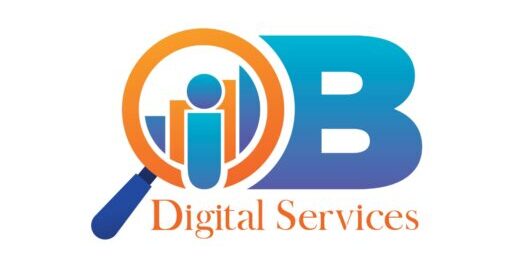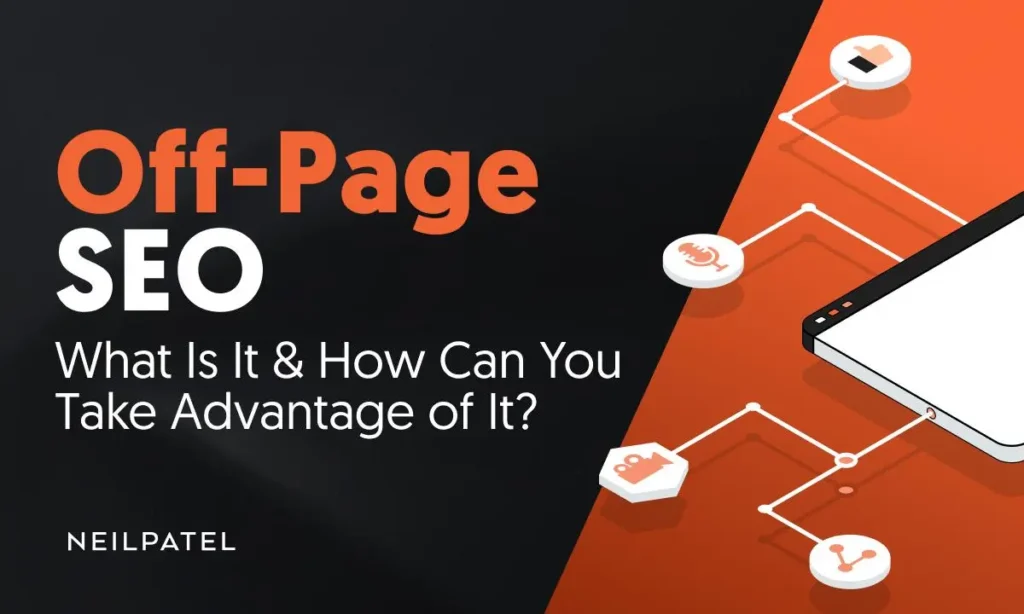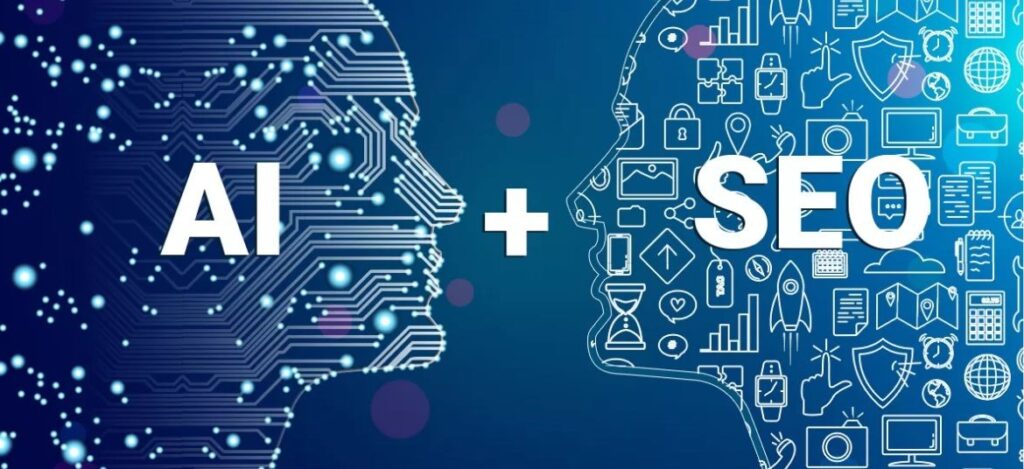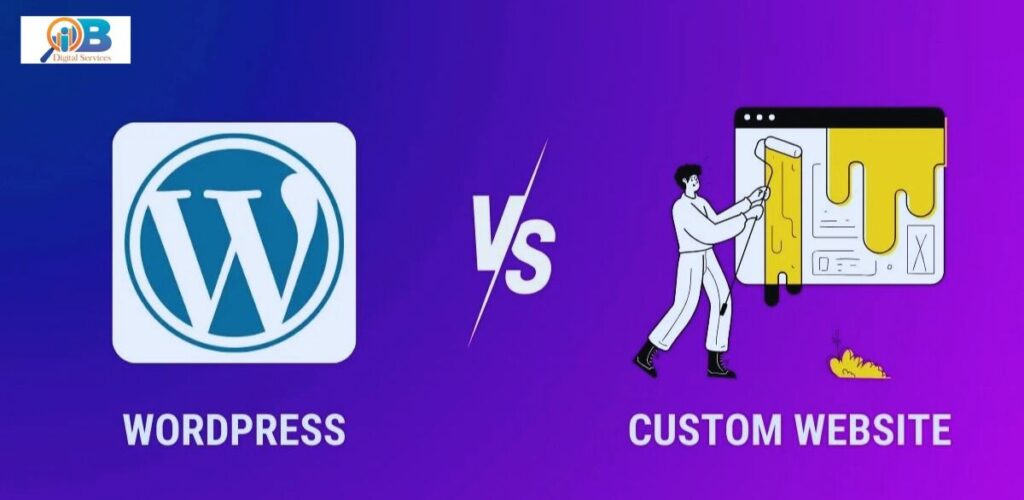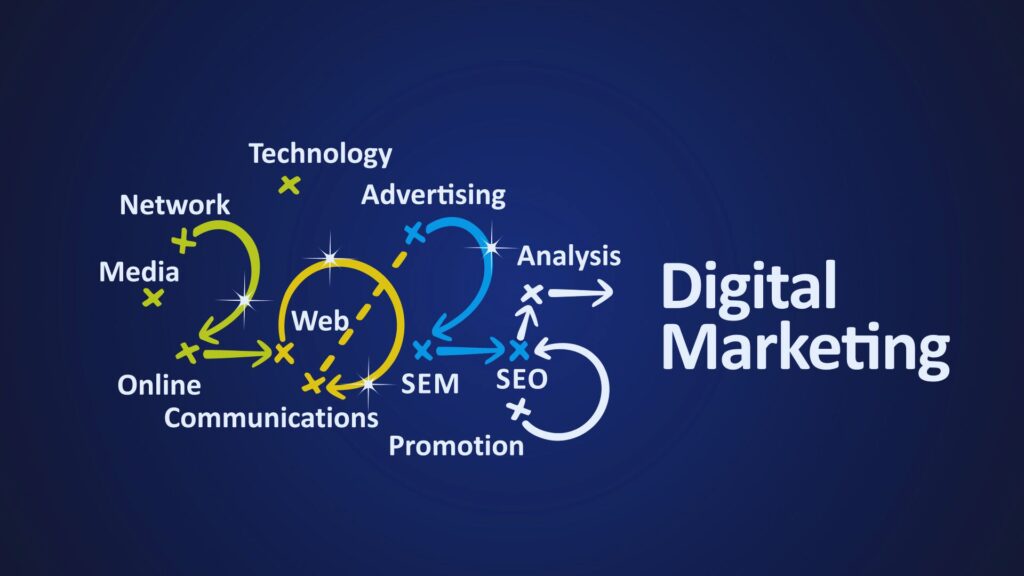How Off-Page SEO Boosts Your Website Ranking
How Off-Page SEO Helps Your Website Grow In today’s competitive digital world, ranking well on search engines is not just about optimizing your website’s content and design—it’s also about building a strong reputation outside your site. IB Digital Services understands that off-page SEO plays a critical role in making your website more visible, credible, and attractive to both search engines and users. By focusing on strategies that happen beyond your own web pages, you can significantly boost your online presence. What Is Off-Page SEO? Off-page SEO refers to all the activities you do outside of your website to improve its ranking in search engine results. While on-page SEO deals with optimizing elements like keywords, meta descriptions, and site structure, off-page SEO is about building trust, authority, and relevance in the eyes of search engines. Some of the most common off-page SEO tactics include: These activities signal to search engines that your website is credible, trustworthy, and valuable to users. Why Off-Page SEO Matters Search engines like Google use complex algorithms to determine which websites deserve to rank higher. Off-page SEO sends powerful signals to these algorithms, indicating that your site is respected and recommended by others. This can directly impact your: Without strong off-page SEO, even a perfectly optimized website can struggle to get noticed. The Power of Link Building Link building is the backbone of off-page SEO. When another reputable website links to yours, it acts like a “vote of confidence” in your content. Search engines treat these backlinks as proof that your website offers valuable information. Qualities of Good Backlinks: The goal is not just to get as many links as possible, but to earn high-quality links from credible sources. Social Media’s Role in Off-Page SEO While social media shares themselves don’t directly affect rankings, they can indirectly help your SEO by driving traffic, boosting engagement, and increasing the chances of earning backlinks. Ways social media helps off-page SEO: By consistently posting valuable content on platforms like Facebook, Instagram, LinkedIn, and X (formerly Twitter), you create more opportunities for your website to get noticed. If you wanted more information about Digital Marketing must visit this Blog, Top Digital Marketing Strategies for 2025 . Guest Blogging and Content Outreach Guest blogging involves writing articles for other websites in your niche. In exchange, you usually get a backlink to your site. This method helps you reach a new audience while building credibility. Benefits of guest blogging: Similarly, content outreach—where you share your articles, studies, or tools with other sites—can help you earn mentions and backlinks. Brand Mentions and Reputation Building Even when other sites mention your brand without linking, it still benefits your SEO. Search engines are becoming better at recognizing and valuing these “implied links.” Maintaining a good reputation online also increases trust. How to improve brand mentions: Influencer Collaborations Working with influencers can quickly spread your content to a wider audience. If influencers share your content or mention your brand, it can lead to more backlinks, traffic, and brand recognition. Key tips for influencer partnerships: Online Reviews and Local SEO If your business has a physical location, reviews on platforms like Google Business Profile, Yelp, and TripAdvisor can influence your local SEO rankings. Positive reviews show credibility, while negative ones (if handled well) can demonstrate great customer service. Encouraging more reviews: Measuring Off-Page SEO Success You can track the effectiveness of your off-page SEO by monitoring: Tools like Ahrefs, SEMrush, and Google Search Console can help you analyze your progress. Final Thoughts Off-page SEO is not just about getting links—it’s about building a trustworthy and respected brand across the internet. By investing in strategies like link building, guest posting, influencer outreach, and social engagement, you can boost your site’s visibility, attract more visitors, and improve your rankings. IB Digital Services knows that mastering off-page SEO is essential for long-term success. When combined with solid on-page optimization, it can take your website from being invisible to becoming a recognized authority in your industry.
